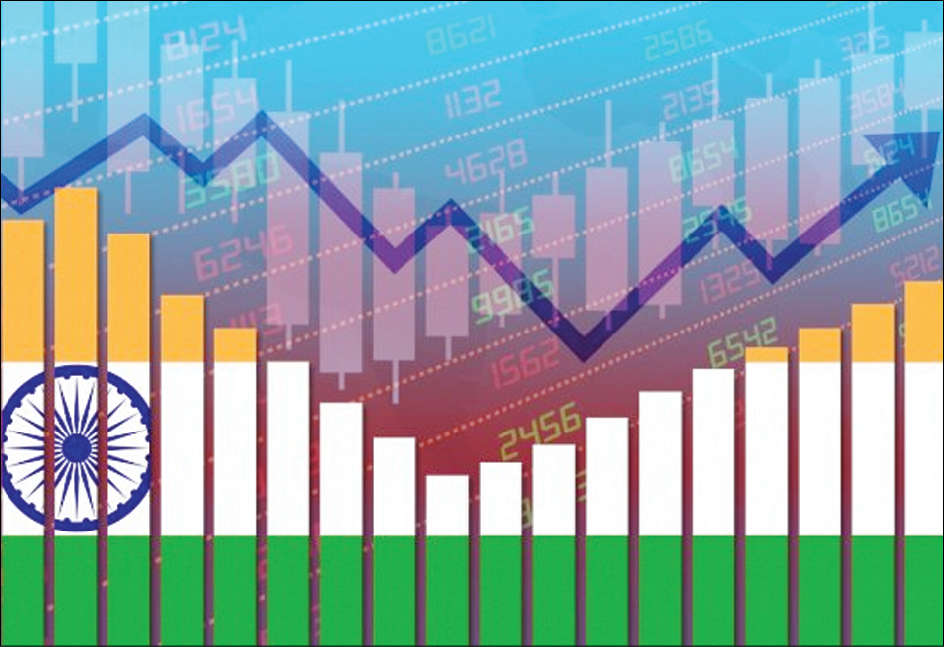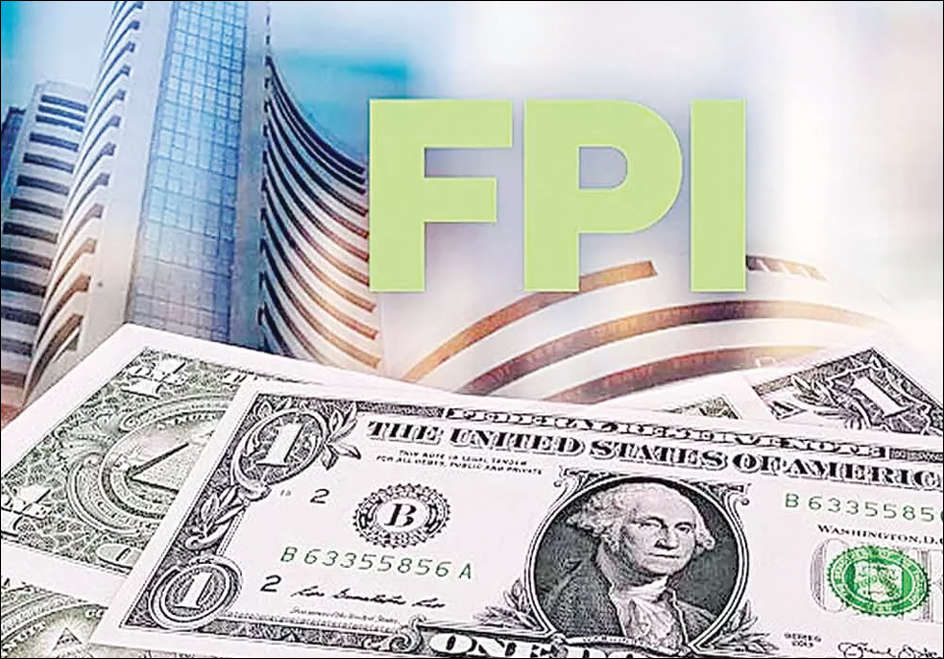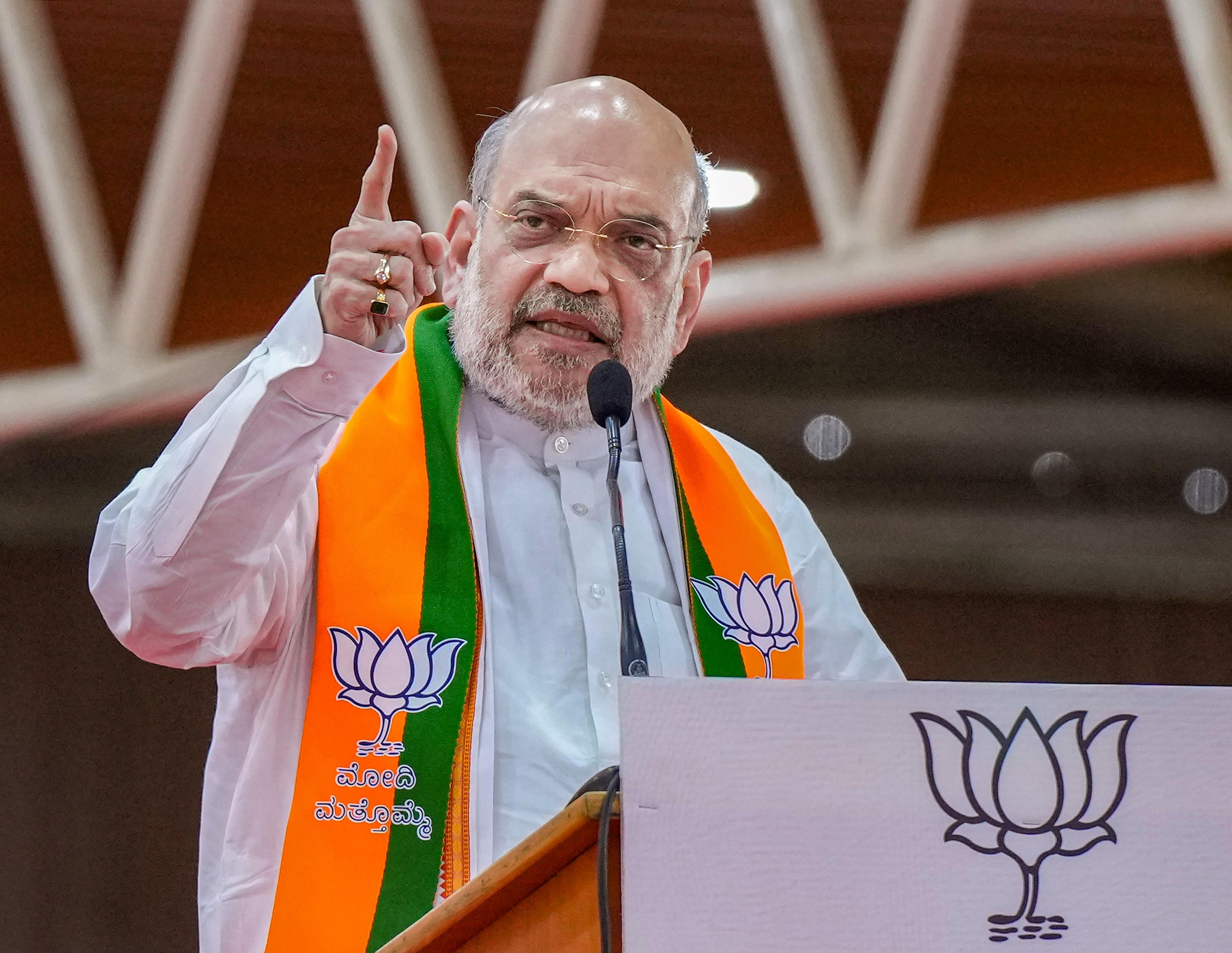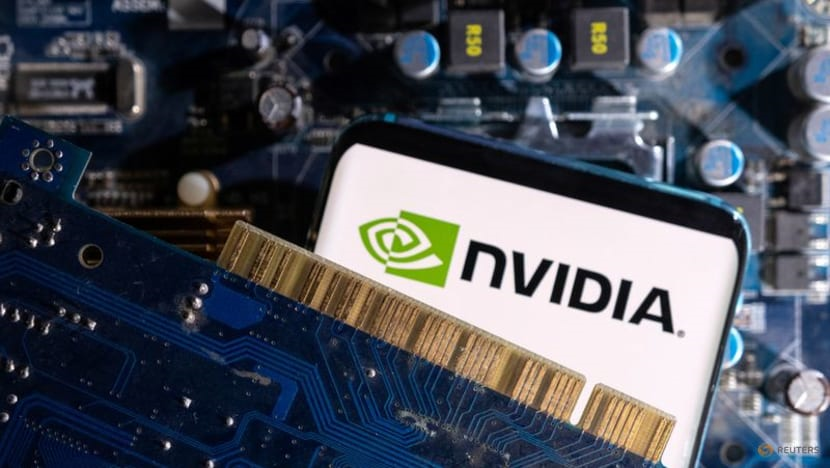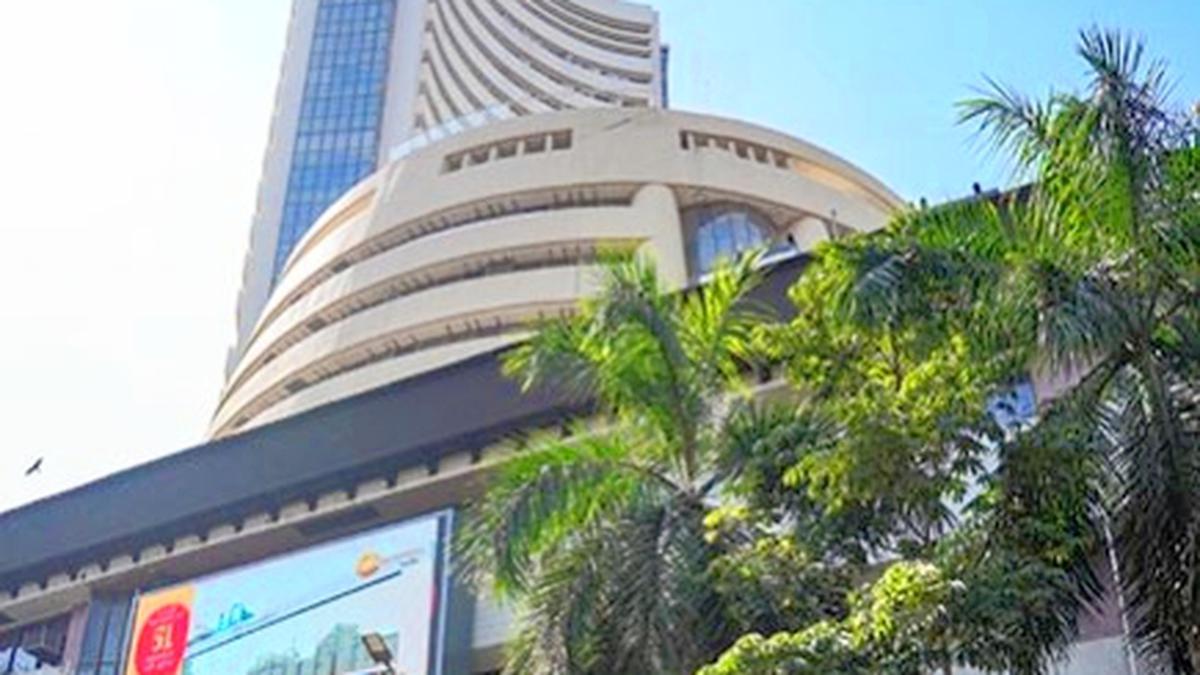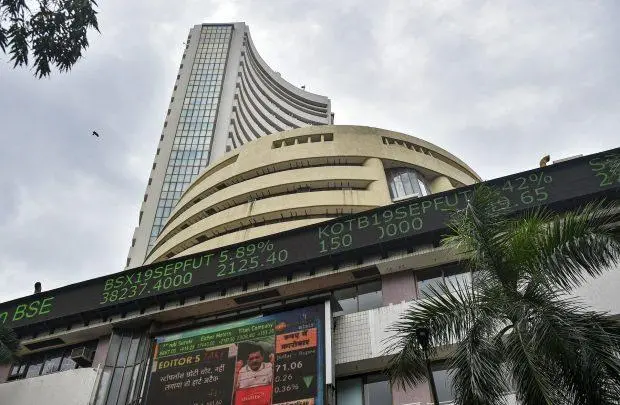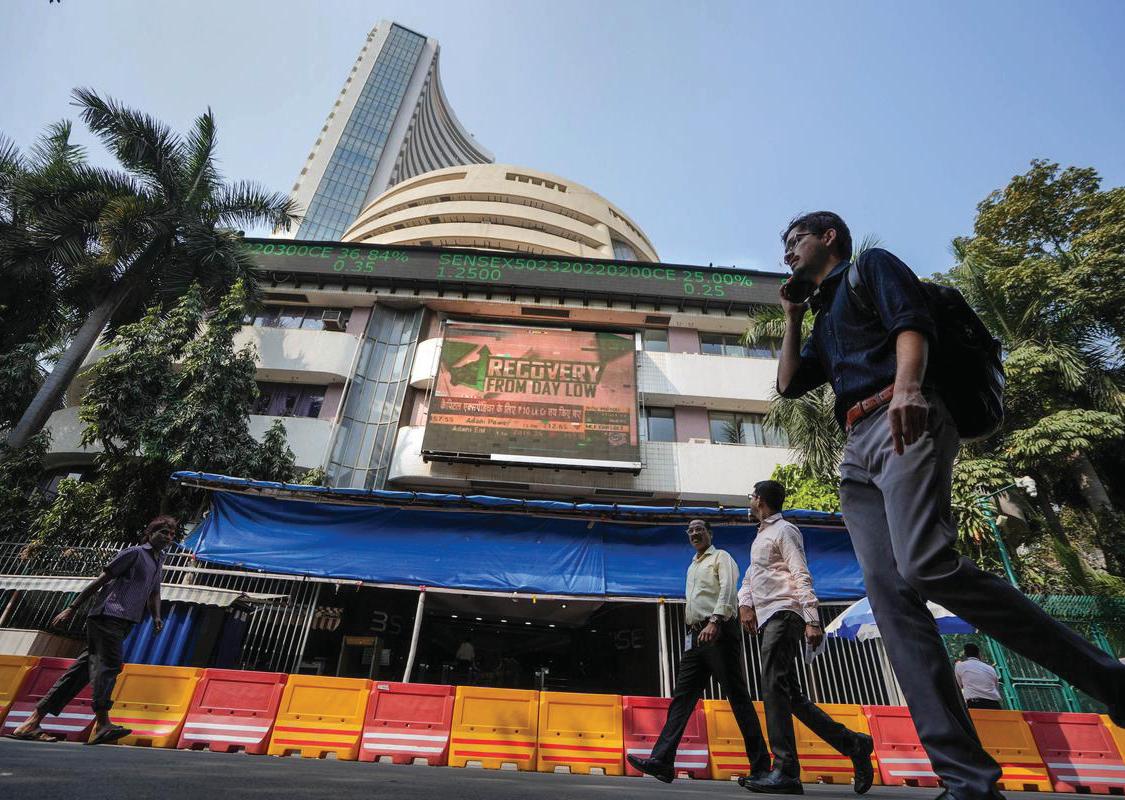Markets
Equity indices open in green, Sensex up by 233 points
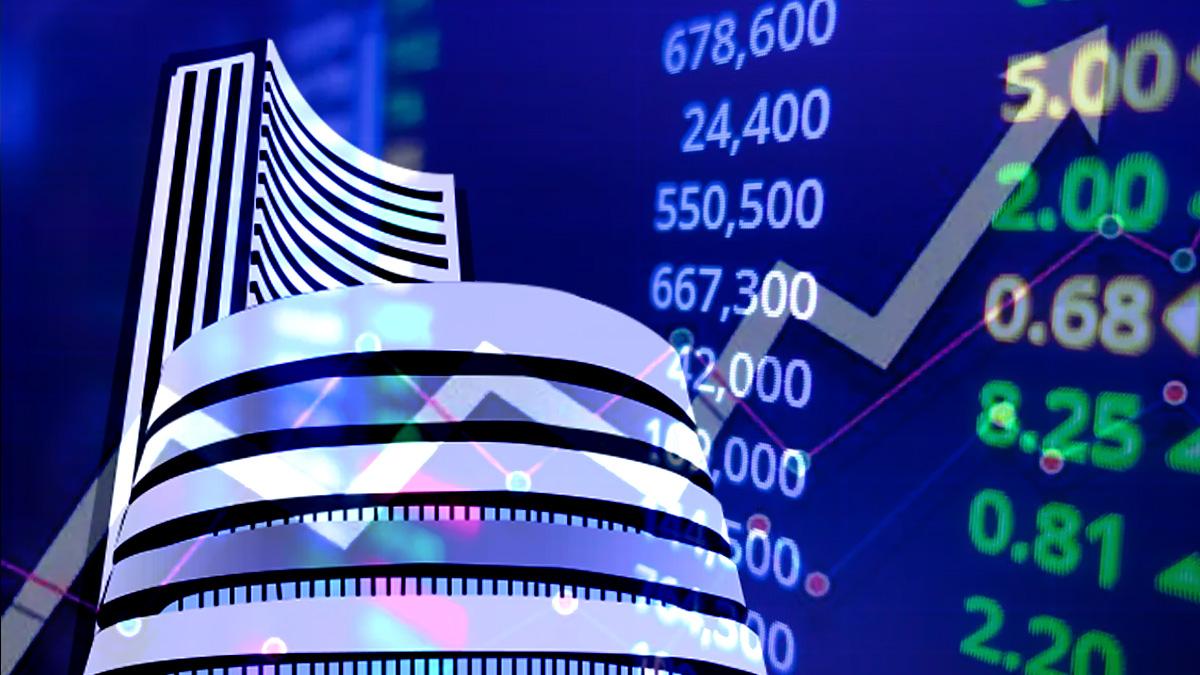

The Daily Guardian is now on Telegram. Click here to join our channel (@thedailyguardian) and stay updated with the latest headlines.
For the latest news Download The Daily Guardian App.
Politics
Amit Shah foresees stock market surge post PM Modi’s June 4th victory
Markets
Nvidia nears all-time high on AI spending surge
Markets
Indian Stock Markets outshine Gold and FDs in returns: FY24
Markets
Sensex Sheds 700 Points in Widespread Sell-Off, Nifty Falls
Banking & Finance
Market Capitalisation of top 6 firms surges by Rs 1.30 trillion; SBI, ICICI Bank lead gains
Markets
Indian Stock Market Up for Four Days Straight, Sensex Nears 74,000
-

 Opinion3 years ago
Opinion3 years agoPakistan-China nexus trying to sow doubts in Indian society about governance systems
-

 Entertainment8 years ago
Entertainment8 years agoThe final 6 ‘Game of Thrones’ episodes might feel like a full season
-

 Entertainment8 years ago
Entertainment8 years agoThe old and New Edition cast comes together to perform
-

 Fashion8 years ago
Fashion8 years agoThese ’90s fashion trends are making a comeback in 2017
-

 Opinion4 years ago
Opinion4 years agoEnvironment day with a missing spring and lost souls
-

 Entertainment8 years ago
Entertainment8 years agoNew Season 8 Walking Dead trailer flashes forward in time
-

 Politics8 years ago
Politics8 years agoIllinois’ financial crisis could bring the state to a halt
-

 Entertainment8 years ago
Entertainment8 years agoMod turns ‘Counter-Strike’ into a ‘Tekken’ clone with fighting chickens



